Consent to Treatment
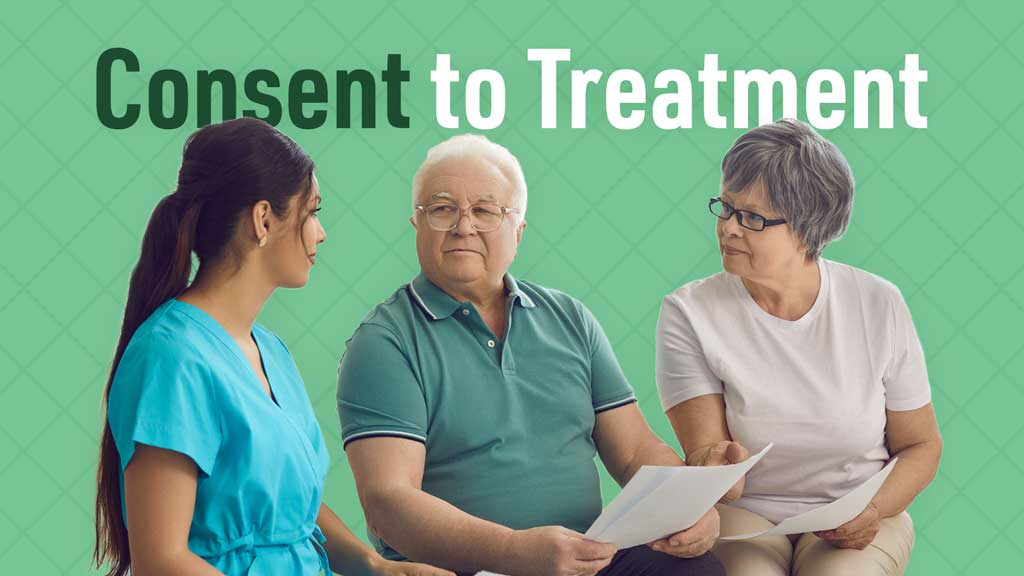

Content
What you'll learn:
Provide people in your care with sufficient information to be able to make an informed decision about their consent to treatment.
Recognise that best-practice acknowledges the partnership role people in your care have in consenting to treatment.
Who it's for:
Why it's needed:
Informed consent is fundamental to safe healthcare practices as it considers the patient’s right to exercise autonomous decision-making in their own care. Without appropriate informed consent, a healthcare professional or member of staff risks being implicated in situations that may have potentially severe legal and health ramifications.
Reinforcing existing knowledge and gaining new knowledge of what informed consent is and what criteria a person must meet to provide consent is essential if nurses and other health professionals are to practice in a manner that protects the public.
Purpose:
Topics
Assign mandatory training and keep all your records in-one-place.
Find out more
Recommended resources
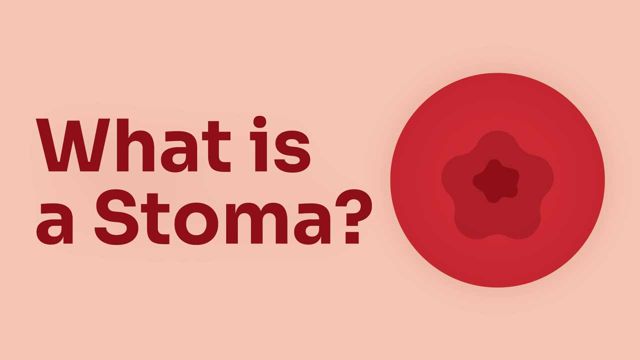
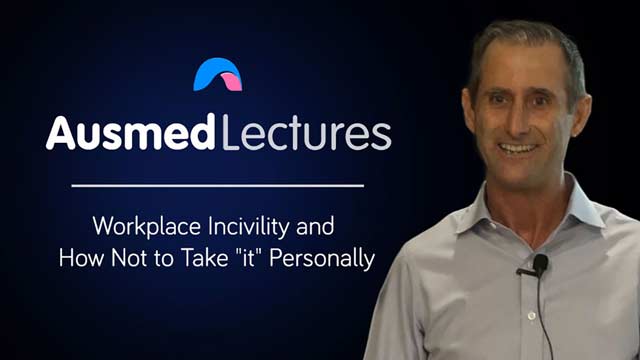
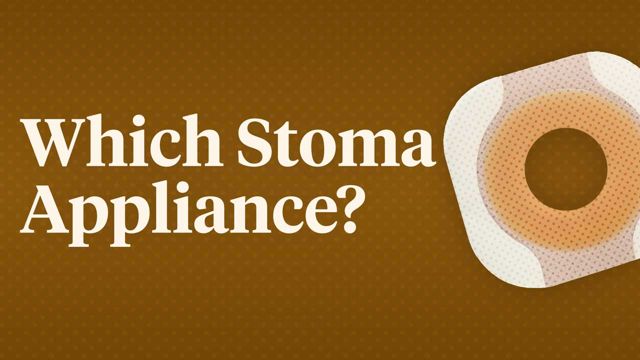
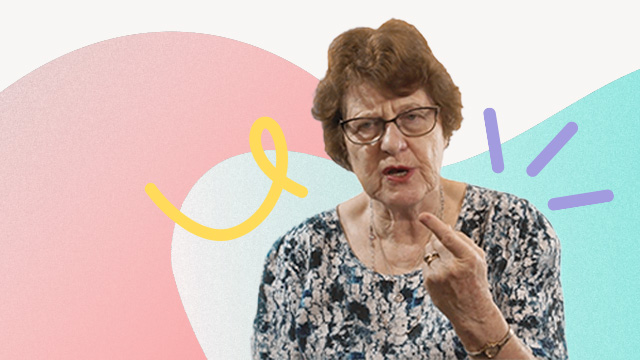






 New
New